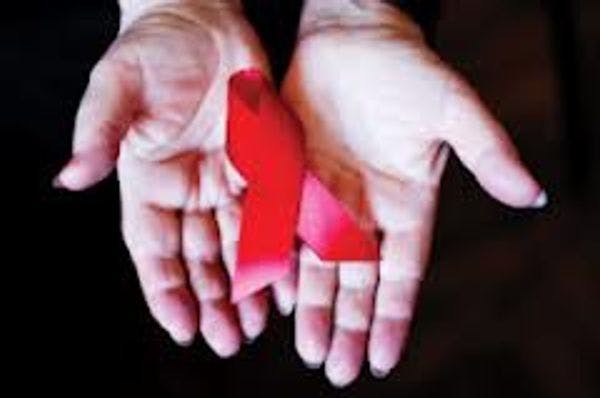Procedure over substance: progress towards the MDGS on HIV in Asia Pacific
Last week in Bangkok (6th to 8th February 2012), delegates from governments, UN agencies and civil society organisations (CSOs) based in the Asia-Pacific region gathered in the UN Conference Centre to discuss the progress they have made in taking action on problems related to HIV/AIDS. But it is perhaps fair to say that for some countries, the preference was to not discuss the progress made (suggesting that there was no real progress) but to simply deliver prepared statements on aspects of their country’s national policies that revealed little about the reality for people living with HIV/AIDS (PLWHIV). Procedure was followed but substance was disappointingly lacking.
After the two and a half day meeting, and significant organisational efforts by the UN, country representatives and CSO delegates, it is reasonable to expect that a good understanding of the progress made and ongoing challenges for governments could be achieved. There were certainly moments that met this expectation. China spoke about the challenge of implementing methadone maintenance treatment and needle/syringe exchange programmes because of resistance from law enforcement agencies and conflicts between laws that are yet to be resolved. Tajikistan reported that their main challenge at the moment is to change social attitudes, where it is commonly believed that HIV is a Western disease that did not affect Muslims. The CSO representative in the Vietnamese delegation talked of the need to build the capacity of CSOs, especially those that are willing to be critical of responses to HIV/AIDS-related problems. But I thought these moments were too few and far between.
In spite of the shortfall in meaningful discussion on progress and challenges, we should not neglect some of the positive features of this UN meeting. Such as the fact that this was the first time that CSOs could participate, and not only observe, a UNESCAP meeting. ‘Participate’ in the UN sense, meaning that a CSO could only attend by invitation (given in accordance with strict criteria), make statements during formal plenary sessions (if representing a CSO with ECOSOC status, and at the discretion of the Chair) and provide comments during the interactive session.
I was therefore delighted and grateful that I could deliver a statement on behalf of IDPC. But you might ask: why ‘grateful’ when CSOs have the right to participate (even if only in the UN sense)? In short, it is because the UN system’s focus on procedure over substance makes it incredibly difficult for CSOs to participate in a meaningful way. There is certainly value in UN activities such as this UNESCAP meeting, yet I can’t help thinking that there is potential for these forums to be so much more effective, impactful and inclusive.
Keep up-to-date with drug policy developments by subscribing to the IDPC Monthly Alert.
Topics
Regions
Related Profiles
- International Drug Policy Consortium (IDPC)
